Date: 1 July 2015
Its president, Johannes Schick, talks about this acquisition, which is a key point in the organization and development of the glassmaker.
 Could you remind us of the reasons for the acquisition of Verreries de Masnières by the Stölzle Glass group?
Could you remind us of the reasons for the acquisition of Verreries de Masnières by the Stölzle Glass group?
The Stölzle group has three strategic divisions: pharmaceuticals, spirits and perfumes & cosmetics. It is in this last area that we had the lowest level of market share. In addition, we already cover the masstige and mass markets, but not luxury. All this convinced us to acquire Masnières.
We know that this integration has been difficult, notably in terms of redundancies. What can you tell us about that?
When we took over Verreries de Masnières about eighteen months ago, the company was in a very difficult situation regarding its finances but also in terms of its market positioning. We quickly realized that a major restructuring was necessary. Given the particular trade union situation in France and the resistance which that led to, we were not able to implement all our efforts successfully, A receivership was thus declared in October 2014, After several months of negotiations with the receivers and the commercial tribunal, we arrived at appositive outcome. The current workforce is 300 people, after shedding 119 jobs, which was unfortunately necessary.
What other decisions have been taken for this company?
We had actually acquired the assets of two Masnières companies: the glassmaker and the decoration unit. Legally, they are now both 
What is the purpose of this industrial resizing?
It allows us to target our activities in France solely on the luxury sector. Masnières also worked in the masstige and mass markets, but these activities were absorbed by two other Stölzle glassworks specialized in these markets. To cover the perfume ant cosmetics sector, the group now has a triangle of three plants in France for luxury, in England for masstige and in Poland for the mass market. We believe that the large groups who are our clients appreciate this organization into various axes, which is more rational for them and adapted to their needs. And now there is a clear mission assigned to the French site. Specialization allows us to be more competitive because everyone can focus better on their work.
What investments are planning?
15 million euros of investment are programmed over the next three years. They concern machinery at the hot and cold ends, as well as decoration. The level of investment by Bormioli Rocco was somewhat low in recent years. Stölzle is part of a group which invests a lot, 8 or 9% of its turnover per year in order to stay up to date technically. In our industry, if this is not done regularly, catching up quickly becomes difficult.
How is your glass decoration activity organized?

We have three decoration plants, which, in order of size, are located in Poland, England and Masnières. They employ 500 workers out of the 2,200 employed by the group. In five or six years we have almost tripled our workforce in decoration, and we will continue to strengthen our workshops through investments. Decoration has become strategic: we are integrating it, whike maintaining partnerships with specialists who are at the cutting edge in France. By the way, for me, the term subcontractor is not in my vocabulary.
How many plants does Stölzle Glass have, including all of its activities?
We have six. For pharmaceuticals we have a site in Austria, and another in the Czech Republic, with three kilns and sixteen production lines in total. Meanwhile, our Polish plant has a large 300 ton kiln and five production lines dedicated to luxury spirits (where, for example, we produced the bottles for Cîroc vodka) and a smaller kiln and four production lines for luxury spirits and two lines for masstige perfumery and cosmetics, that is, for clients such as Avon, Boots, Oriflame, and L’Oréal… About one year ago, we also acquired a small plant in Poland, near the German border, while kiln was switched off in 2013. We will restart it in August or September 2015, with a 120 ton kiln. We are thinking more about producing pots and food containers there, but our decision is not yet finalised.
So external growth is an important strategic focus for the group?
One of its particularities has been taking over troubled companies to strengthen its positioning. It has been able to deploy itself via successive acquisitions: Poland in 1992, England in 1994, the Czech Republic in 2001, France with the Masnières site in late 2013 and once again Poland with Wymiarki in 2014. The advantage of Stölzle is maintaining the functioning of a family company, with fast decision making. Founded in 1805, the company was taken thirty years ago by Dr. Cornelius Grupp, who is now its principal shareholder, with the objective of developing glassmaking group.
How big is the group today?

Its turnover is 300 million euros, which is divided roughly equally between our three business segments. This is a balance that we want to keep; in particular it allows us to cope better eith the demands of the luxury bottling which is ever more demanding of innovations and requires a grater facility for adaption than the pharmaceutical market. Not depending on one single market is our strength.
In the coming years, are you going to focus on internal or external growth? Would you like to establish yourself outside Europe, for example in emerging countries?
We are interested in both of these growth patterns. The acquisition of Verreries de Masnières was the first after eleven years of not buying any new companies. During this period, we have only developed internally, with strong organic growth, as our revenues have more than doubled. Of course the European market is reaching its limits in terms of growth. An acquisition outside Europe seems very likely at some point.
Source: Interview with CEO Johannes Schick by Pascale Ruchon; Formes de Luxe No. 107, June 2015

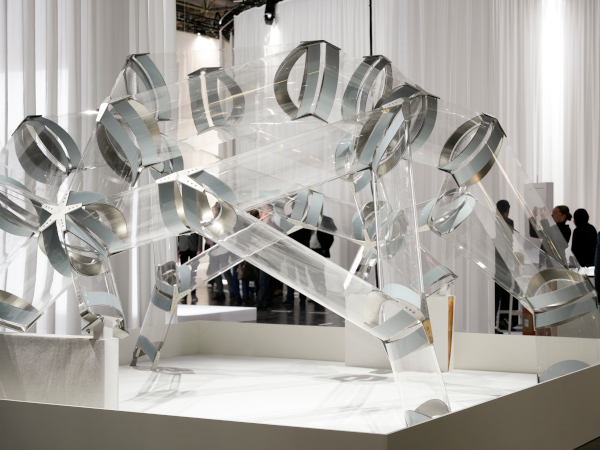

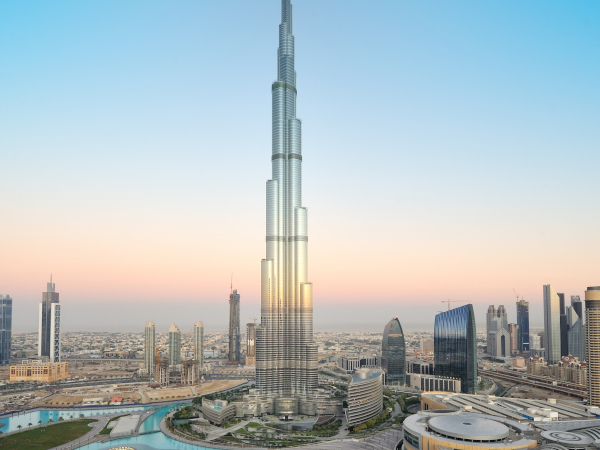
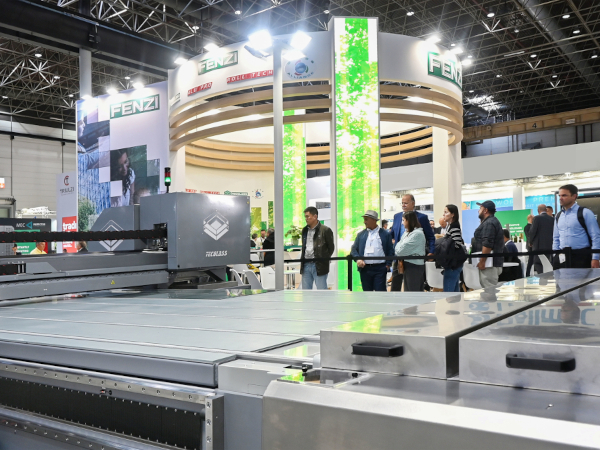
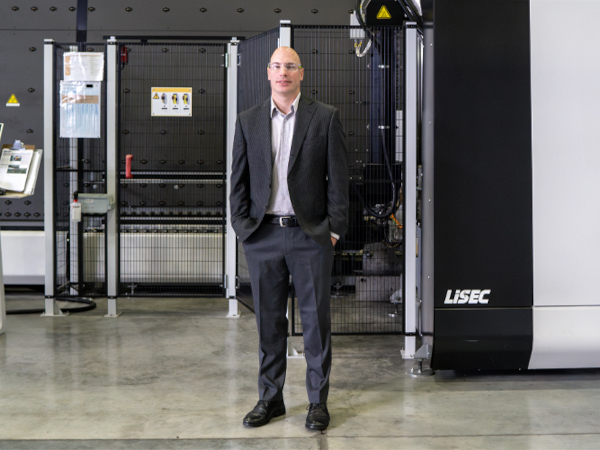
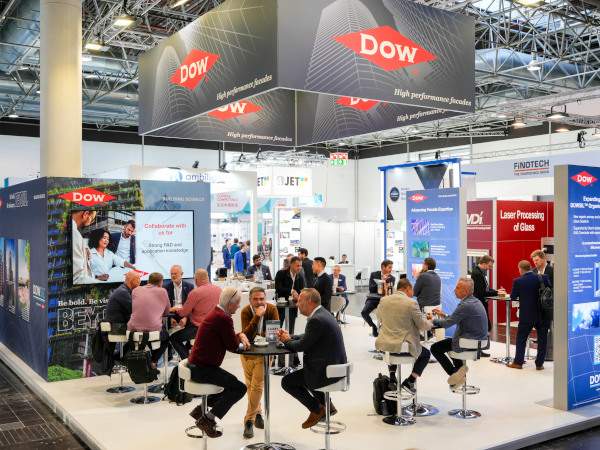
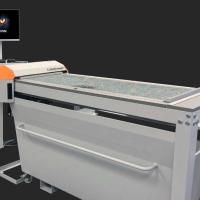

Add new comment